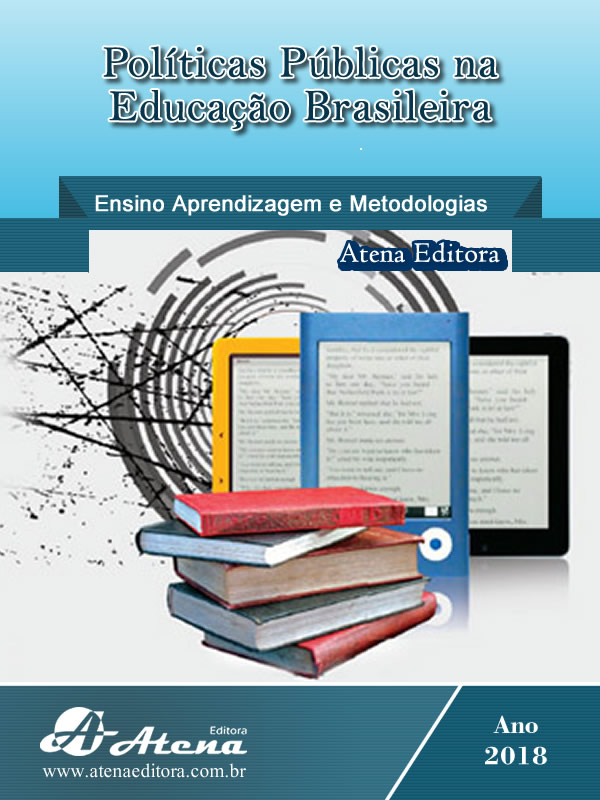
Atividades Laboratoriais: A Importância das Macromoléculas no Nosso Organismo
A utilização de atividades práticas no ensino é uma das principais formas
de aguçar a curiosidade do aluno, despertando o gosto pela ciência e pelo
conhecimento científico. Dentre elas, podemos destacar a experimentação como
sendo essencial para o ensino de ciências, pois elas promovem maior interação e
aprendizado entre professor e aluno, porém, são encontradas diversas dificuldades
para a concretização desse tipo de ferramenta no ensino de ciências, devido à falta
de interesse e possível rejeição dos conteúdos por parte dos alunos. Para reverter
isso, o docente deve ter apropriação do conteúdo e ser capaz de desenvolver várias
ferramentas de ensino, utilizando-se principalmente de materiais simples. Tendo o
contexto voltado para trabalhar as macromoléculas presentes na alimentação com
promoção à saúde, este trabalho visa objetivar o relato de experiência de uma
atividade de intervenção utilizando-se do laboratório de ciências e de ferramentas
simples do dia a dia. A intervenção foi realizada na Escola Estadual Berilo
Wanderley em Natal/RN com os alunos da primeira série do ensino médio no ano
de 2016. Por meio disto, os alunos tiveram de identificar as macromoléculas
presentes em alimentos por eles consumidos, utilizando-se de reações com
componentes químicos e a partir disto, eles elaborariam hipóteses sobre o que
tinha acontecido com cada alimento, se reagiu ou não ao composto químico. Notouse
a grande ansiedade por parte dos estudantes de estarem naquele ambiente
realizando um experimento químico, demonstrando a falta de atividades práticas
em laboratório realizadas pelos professores da escola.
Atividades Laboratoriais: A Importância das Macromoléculas no Nosso Organismo
-
DOI: Atena
-
Palavras-chave: Atividades Práticas, Experimentação, Ensino de Ciências, Laboratório, Macromoléculas.
-
Keywords: Practical activities, experimentation, science teaching, laboratory, macromolecules.
-
Abstract:
The use of practical activities in teaching is one of the main ways to whet
the student’s curiosity, arousing the taste for science and scientific knowledge.
Among them, we can highliht the experimentation as essential for the teaching of
sciences as the promote greater interaction between teacher and student, however,
several dificulties are encountered for the concretization of this type of tool in
science teaching, due to the lack of interest and possible rejection of content by
students. In order to reverse this, the teacher must take ownership of the content
and be able to develop various teaching tools, using mainly simple materials. Having
as context to work the macromolecules present in food as health promotion, this
work aims to objectify the experience report of an intervention activity using the
science laboratory and simple tools of everyday life. The intervention was carried
out at the State School Berilo Wanderley in Natal/RN with the students of the first
hight school in the year 2016. By means of this, the students had to identify the
macromolecules present in foods consumed by them, using reactions with chemical
components and from this, they would elaborate hypotheses about what has
happened with each food, whether or not reacted to the chemical compound. It was
noted that students were very anxious to be in that environment conducting a
chemical experiment, demonstrating the lack of practical laboratory activities
performed by the school teachers.
-
Número de páginas: 15
- Hudson Guilherme Silva da Costa


